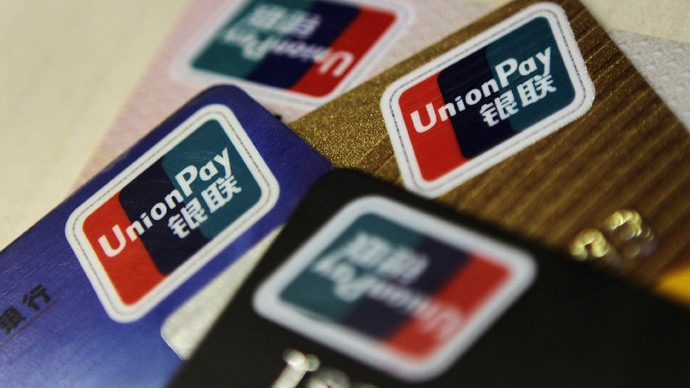Beijing ATM Restriction in Macau Causes Casino Stock Plunge
Posted on: December 9, 2016, 03:00h.
Last updated on: December 9, 2016, 01:36h.

Just in case Macau was getting too comfortable with the idea of an economic revival, Beijing announced on Thursday that the withdrawal limit at ATM machines in the enclave would be slashed by 50 percent, effective from Saturday.
The announcement caused the stock of US casino companies with presence in Macau to tumble. Shares in Wynn Resorts fell by 12 percent in the aftermath of the announcement, while LVS dropped 14 percent.
Melco Crown Entertainment Ltd, a Macau-Australian company, was hit the hardest, with shares plunging as much as 17 percent.
Reinvention
All three have recently opened multi-billion-dollar integrated resorts in the gambling hub and the establishment of these new casinos has been credited with helping to spark four consecutive months of revenue growth, on the back of 25 consecutive months of nosediving financial reports.
Earlier this week, analysts were predicting slow but steady growth for the gambling hub. This was largely because mass market gamblers and the burgeoning Chinese middle classes have begun to return from the mainland, lured as much by the non-gaming facilities and entertainment offered by these new resorts as the gambling.
While 60 percent of Macau’s revenues were once derived from its VIP high rollers, drawn from the mainland by a thriving junket industry, the enclave has been forced to reinvent itself as a mass market hub.
Jinping’s Crackdown
In 2014 Chinese President Xi Jinping, fearful of capital flight, spearheaded an unprecedented anti-corruption drive that smashed the junket industry and the VIP sector.
The good news for Macau is that the new ATM withdrawal restriction relates to just one bank card, UnionPay. The bad news is that UnionPay is China’s only domestic bank card, and, in most cases, the only one held by the aforementioned burgeoning Chinese middle classes.
On Saturday, UnionPay withdrawals will be curtailed from 10,000 to 5,000 pacatas ($626) per day. Visitors from the mainland are permitted to bring no more than around $3,000 with them at a time and visits are restricted to just seven days, twice every 30 days.
Pressure on the Yuan
Until the 2014 crackdown, visitors could swerve the restriction by using their debit cards to buy expensive goods from pawnshops and jewelry stores based in the casinos, and then trade them for local currency.
Meanwhile, high rollers could borrow money from junket operators, which would be repaid once they had returned to the mainland.
The latest move from Beijing is not merely a mean-spirted reaction to Macau’s recent reversal of fortunes. According to Bloomberg News, China has been tightening its capital controls as depreciation pressure builds on the yuan.
Unfortunately for Macau, these urgent capital controls are coming at a time when Macau’s growth is perilous.
No comments yet